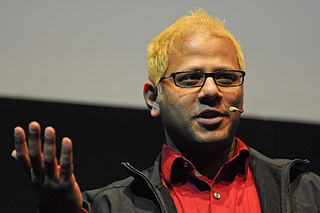A Quote by Belle Boyd
What a jolly thing military surveillance is!
Quote Topics
Related Quotes
The merging of the military-industrial complex, surveillance state and unbridled corporate power points to the need for strategies that address what is specific about the current warfare and surveillance state and the neoliberal project and how different interests, modes of power, social relations, public pedagogies and economic configurations come together to shape its politics.
No matter the specific techniques involved, historically mass surveillance has had several constant attributes. Initially, it is always the country’s dissidents and marginalized who bear the brunt of the surveillance, leading those who support the government or are merely apathetic to mistakenly believe they are immune. And history shows that the mere existence of a mass surveillance apparatus, regardless of how it is used, is in itself sufficient to stifle dissent. A citizenry that is aware of always being watched quickly becomes a compliant and fearful one.
































